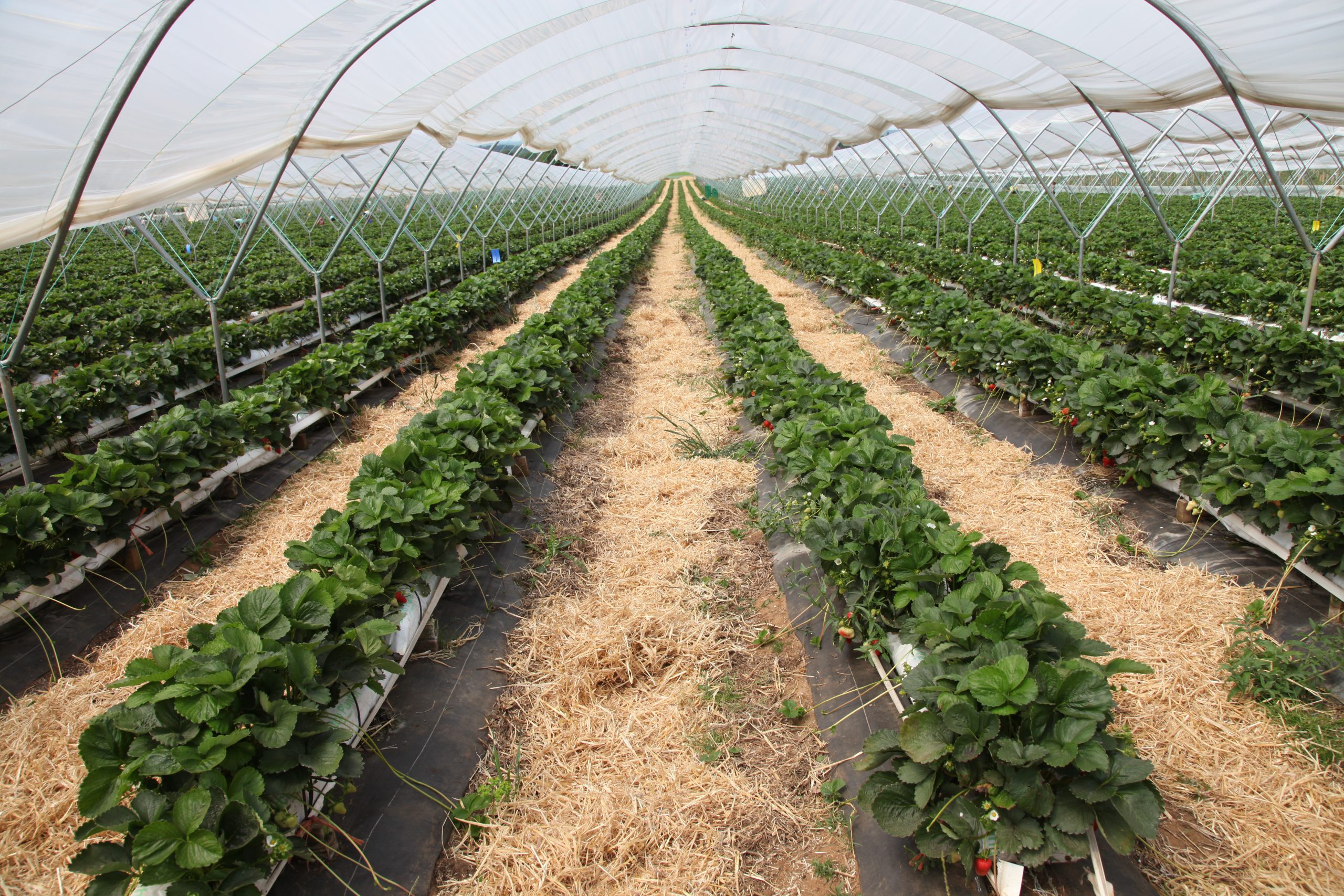New grower audit reveals underlying fears despite strong 2025 crop
An audit conducted among more than 40 of Britain’s leading berry growers shows an industry at a crossroads with some reporting improving confidence while others share increased pessimism.
The research was conducted by British Berry Growers (which represents approximately 95% of UK growers) in August 2025, as a follow-up to similar surveys in both 2023 and 2024.
This season’s results reveal there has been an improvement in confidence and investment intentions are rising among some growers but that relationships with retailers remain polarised and, in many cases, strained.
There is also clear and evident pressure on profitability, uncertainty about the immediate future and concerns about overall financial health which are so strong that more than a third (34%) of British growers are considering reducing or exiting berry production completely.
Key findings include:
- 61% agree that supermarkets “buy only on price, it’s not a partnership” (up from 40%).
- 32% now say the relationship is the “worst it’s been in the last ten years” (up from 8%).
- But 10% describe it as a “true partnership” and 15% say it’s the “best it’s been” – options not selected at all in 2023.
- Fewer than half (48%) say they are currently making a profit and just 39% anticipate making a profit in 2026.
- 43% of growers describe the financial health of their business as ‘bad’ or ‘extremely bad’.
- 22% of growers now feel more confident about the future (up from 8% in 2023).
- Those feeling less confident has fallen to 42% (down from 68%).
- 39% of growers plan to increase investment (up sharply from 4% in 2023).
- The share scaling back investment has dropped to 49% (from 68%).
- 58% think the berry industry is doing worse under the current Labour government compared to the previous administration.
Chairman, British Berry Growers, Nick Marston says, “The findings suggest a sector under pressure but also showing resilience. While a significant number of growers are scaling back or leaving, others are looking to invest and adapt, pointing to a split between businesses retrenching and those trying to push forward.
“2025 has seen hugely strong sales across fresh British strawberries, raspberries, blueberries and blackberries. This has been driven by increased demand among health-conscious consumers for fresh products they know are unprocessed and full of goodness, the world-beating skill of our growers and superb growing conditions for most of the year.
“The bad news is that labour and production costs remain high, there is still a significant audit burden, and we still have a planning system which doesn’t help growers.
“This audit tells us things are getting better for many, but the market is unforgiving, particularly for smaller growers, many of whom are unable to bear the cold reality of the burdens of production.
“Growers are working their socks off, doing everything in their power to create an ever better product, to make it available for longer, to produce their fruit as efficiently as possible, to deliver for the retailers they supply and ultimately to bring a top-notch, super healthy product to the breakfast tables and lunchboxes of Britain. But there is still uncertainty about the future.
“Retailers need to stay on the track they’ve started on when it comes to fair pricing – this is fundamental to the maintenance of a thriving British berry market.
“And the new leadership team in DEFRA could also make a huge difference through planning law improvements, reducing the audit burden and replacing the Fruit and Vegetable Scheme.
“Berries are a force for good in this country – we grow some of the best in the world and they are literally packed with health benefits as well as being deliciously, naturally sweet. We should all be motivated to strengthen the industry and to pay attention to these results as we see them each year.
“There is nothing to say we can’t increase production across all berries, to continue to meet growing demands of an increasingly healthy nation and significantly increase export production to the great many countries around the world who would love more British strawberries on their supermarket shelves.”

